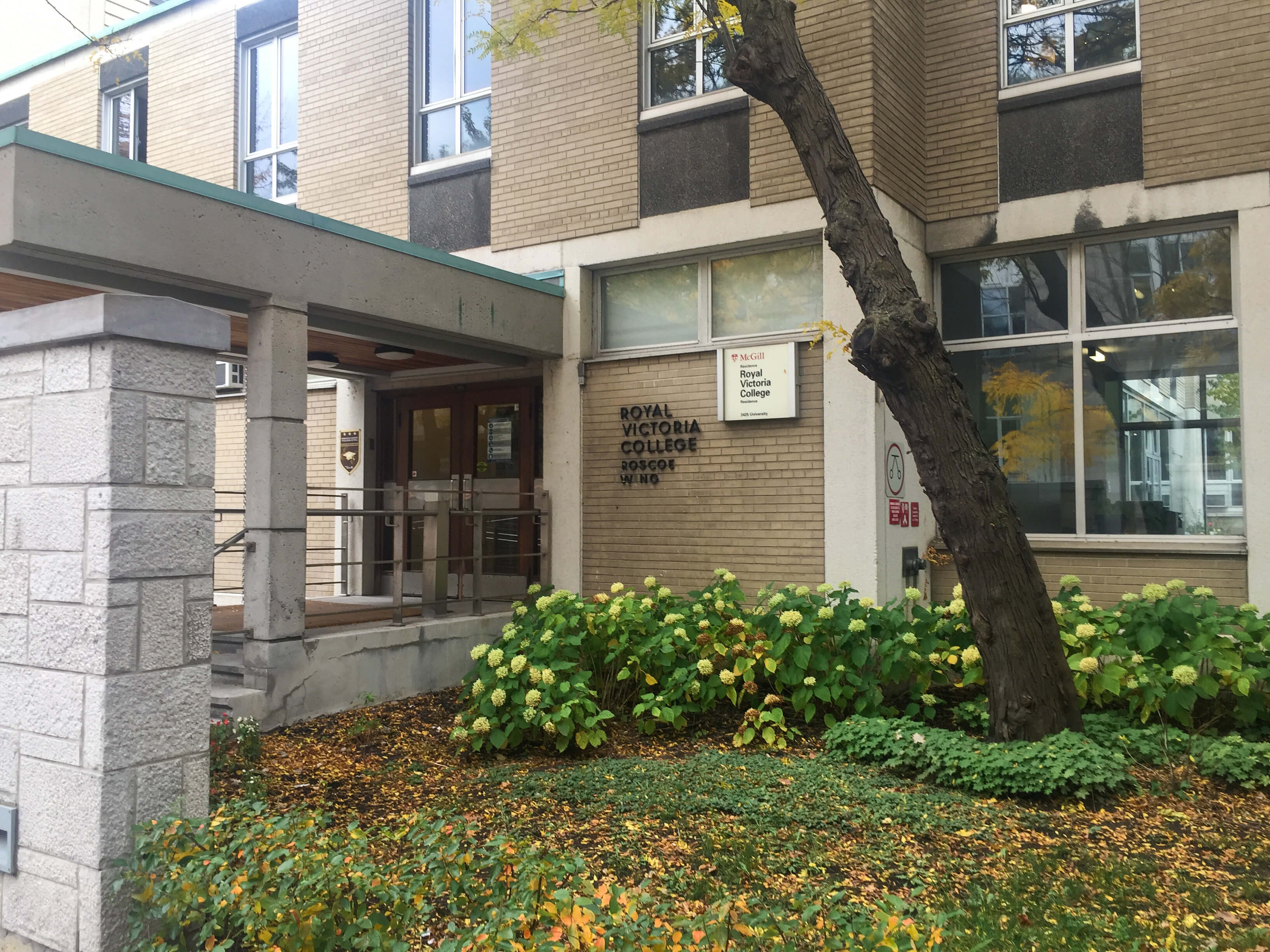Recent outbreaks in McGill’s residences and in Quebec have called into question the functionality of McGill’s COVID-19 case tracker for students and employees. Since Oct. 4, the tracker has reported eight positive cases of COVID-19 on campus, an increase since mid-September.
Deputy Provost (Student Life and Learning) Fabrice Labeau explained how the Regional Director of Public Health (DRSP) has helped the university enact safe and sensible policies.
“[The numbers] we report in that case tracker are really the [McGill students and employees] who have [self-reported] having a confirmed COVID-19 positive test and have been present on campus [in] the seven days prior,” Labeau said.
Labeau explained that McGill contacts all individuals who self-report a positive test result to find out their whereabouts on campus in the last seven days.
“The idea is really to do contact tracing [….] The [DRSP] will also warn us when they know about a case on campus,” Labeau said. “What we do is try to determine […] who their contacts were, so we can actually trace back [and find individuals] who are low, medium, and high-risk […] and tell them what [they] have to do.”
Labeau outlined the DRSP’s assessment of infection risk as follows: High-risk contacts are those who have been living with a person who tested positive, moderate-risk contacts have been less than two metres from a positive case for more than 15 minutes without a mask, and low-risk contacts are everybody else who has likely been in contact with a positive case.
“If you’re a low-risk contact, you’re told [to] watch your symptoms like you do every day,” Labeau said. “When you’re [at a] moderate or high-risk level, you’re [going to] be told to self-isolate, get tested and continue isolating until you get the result.”
The tracker is intended to help students evaluate the risk of being present on campus each week. Some students living near campus criticized the tracker’s narrow scope, claiming that the university downplays local severity by not reporting cases in the densely student-populated areas surrounding the campus.
Christopher Buddle, Associate Provost (Teaching & Academic Programs), explained why the tracker does not account for off-campus cases.
“We can’t really gather data from outside of what we actually know,” Buddle said. “That’s why there’s always a lot to talk about [involving] the Milton-Parc area, and other [areas] where lots of students are living, but the risks of publishing information that’s not of the right quality is really high.”
As social distancing restrictions in residence have tightened since Montreal entered the red zone, stricter enforcement by residence staff has followed suit. Carrefour Sherbrooke resident Pryor Sohn, U0 Arts, believes that the intervention of residence authorities when they suspect a violation of rules is invasive of students’ privacy.
“While I do understand you don’t want […] students going from room to room, and while […] [prohibited activity] should be punished […], there is something [invasive about] purposely listening in to see if [students are] having a conversation or demanding to be let into a room to double-check even when there’s not really any proof of rule-breaking,” Sohn said. “It very much has the vibe of ‘guilty until proven innocent,’ which is not great.”
Quebec registered more than 5,000 new COVID-19 cases last week, breaking a new record on Saturday, Oct. 17 with 1,279 new cases in 24 hours. Despite the increase in cases, Labeau believes in the continuity of campus life, explaining McGill’s tentative contingency plans for residences.
“There are all sorts of possibilities in terms of what could happen […] depending on the nature of the outbreak,” Labeau said. “[Even though] we are at the maximum alert level now, it doesn’t mean that we empty out residences.”
________________________________________________________
If you are a member of the McGill community and believe you have been exposed to COVID-19, go here.








